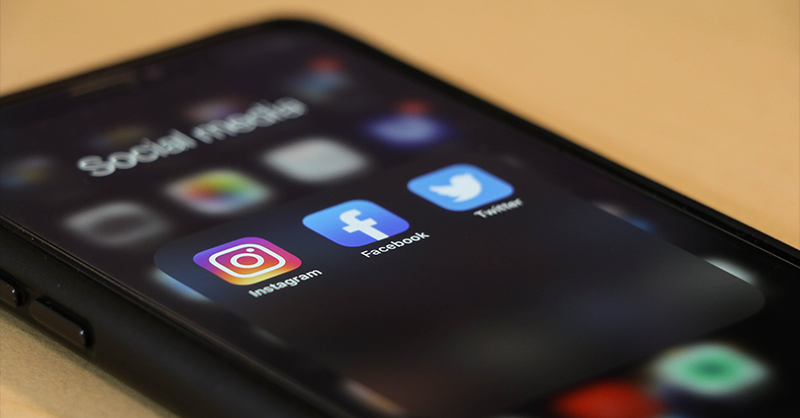Social media facing more calls to put child safety over profit
08 February 2023 21:11 by Amy Miller

Social media companies can expect more calls to put child safety over profit after US President Joe Biden cast them as Pied Pipers, luring and keeping kids online despite the risks to their mental health.
Biden once again urged Congress to ban targeted advertising to children at his State of the Union address Tuesday night. But this year he went further and told social media companies to stop using children as a social experiment “for profit,” citing growing mental health concerns.
Biden wasn’t alone in warning about the mental health risks posed by the algorithms social media companies use to attract and keep users online. The US Federal Trade Commission’s Alvaro Bedoya echoed Biden’s sentiments in panel discussions* this week.
“We are in the midst of a mental health emergency for our nation’s youth,” Commissioner Bedoya told a group of scientists and engineers,* and parents are blaming social media.
Several studies have shown there is a connection between social media use and rising rates of depression, anxiety, and suicide among children and adolescents, Bedoya said. There’s already so much research, the US Surgeon General Vivek Murthy issued a recent warning about social media use for children, and said in interviews earlier this month that, based on the data he’s seen, 13 is too young to be on social media, Bedoya said.
“So while we may not know everything, we know a lot, and we cannot wait until we know everything before we do more to help,” Bedoya said.
He argued that despite a deeply divided Congress, and last year’s failed efforts to enact federal privacy legislation in the House and Senate, there is momentum for bipartisan action on children’s privacy.
A growing number of lawmakers and policy officials say the solution is to keep children and young teenagers off social media entirely. This month Representative Chris Stewart, a Republican from Utah, introduced the Social Media Child Protection Act, which would make it unlawful for social media platforms to provide access to children under the age of 16.
Bedoya said he doesn’t want to ban kids from social media entirely, noting that it could remove access to positive online resources they may need.
But the idea is likely to be debated at length during a Senate Judiciary Committee hearing on children’s online privacy slated for Feb. 14.
States are also stepping in again, in lieu of federal action. A bill introduced in the Utah state legislature, HB311, would have banned social media use for those under the age of 16. But the Utah bill was amended to require parental consent for all users under 18.
Several state legislatures are also considering bills that require social media platforms to incorporate extra protections for children’s data into their products and services, modeled after similar laws passed in California and the UK.
Regulators can also act, Bedoya said. Section 230 of the Communications Decency Act doesn’t protect social media platforms against all legal claims, he noted. Mental health problems caused by social media can be considered injuries under Section 5 of the FTC Act, and similar state privacy statutes, Bedoya said.
But to pursue those claims, the FTC needs to understand these injuries better, he said, so it’s exploring hiring staff psychologists as part of its current strategic plan.
Bedoya urged other regulators to consider doing the same.
“Candidly, this is one of those rare instances in which I hope someone else beats us to it,” Bedoya said. “And I hope a decade from now every major tech regulator, state and federal across the country, has at least one full-time psychologist or mental health expert on their full-time staff.”
Regulators may not be hiring child psychologists, but tech companies are. Bedoya said he recently asked his staff to review LinkedIn to see how many psychologists and brain scientists said they worked for major tech companies. They found more than 200 public profiles.
His staff also reviewed public job boards and found numerous listings at social media companies for senior psychological specialists. Some were seeking experts to write policies to help prevent psychological disorders, such as substance abuse, anxiety, eating disorders and self-harming behaviors.
But his staff found more job openings for psychologists who would be hired to make platforms even more attractive to users.
“We need to close this expert gap, fast,” Bedoya said.
*”Social Media on Health and Wellbeing of Children & Adolescents,” National Academies’ Committee on the Impact of Social Media on the Health and Wellbeing of Children and Adolescents, Feb. 7, 2023.
Related Articles
No results found
